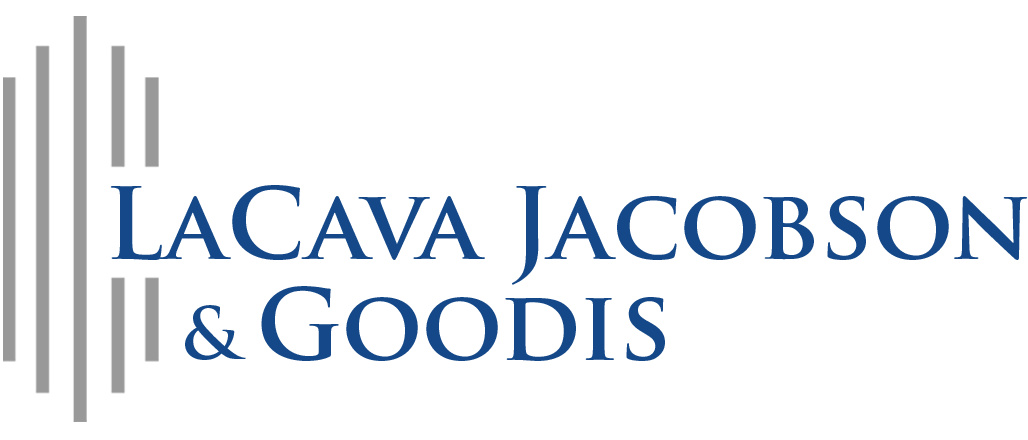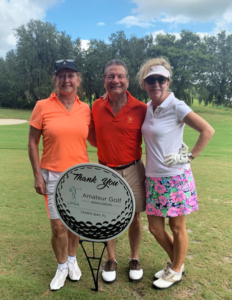Escadote I Corporation v. Ocean Three Condominium Association, Inc. – 3rd DCA
In this case, the Trial Court granted summary judgment in favor of the Defendant property manager regarding Plaintiff’s claim for intentional infliction of emotional distress stemming from alleged water intrusion due to a leaky roof in a condominium owned by Plaintiff. To maintain a cause of action, it must be shown that: (1) the wrongdoer’s conduct was intentional or reckless; (2) the conduct was outrageous; (3) the conduct caused emotional distress; and (4) the emotional distress was severe. The 3rd District Court of Appeal agreed with the Trial Court’s finding that there was no evidence indicating that Plaintiff was particularly susceptible to stress, nor was there any evidence that the Defendant property manager was in a position of power over the Plaintiff to sustain a claim. Therefore, no genuine issues of material fact existed and Defendant’s motion for summary judgment was properly granted.
Cavanaugh v. Stryker Corporation – 4th DCA
In this case, the 4th District Court of Appeal held that the Trial Court’s decision to allow one additional peremptory strike for replacing an excused juror with a duly selected alternate did not constitute an error that required a new trial because there was no “tactical gamesmanship” on the part of the Defendant. The 4th District Court of Appeal reasoned that parties are not entitled to have any particular jurors serve, rather they are entitled only to have qualified jurors. The Court noted that there have been numerous cases in which it was found that any error in removing a juror is harmless where the juror was replaced by a duly selected alternate who had been present during the entire proceedings and where no prejudice was shown to have resulted from the substitution.
State of Florida v. Torres – 4th DCA
In this case, the 4th District Court of Appeal held that even when messages are not obtained directly from the sender’s phone, electronic communications, like other traditional communications, may be authenticated by appearance, context, substance, internal patterns, or other distinctive characteristics taken in conjunction with the circumstances. Prior to trial, the Trial Court granted Defendant’s motion in limine to exclude screenshots because of insufficient evidence connecting the Defendant with the messages. The 4th District Court of Appeal reversed the Trial Court’s order, finding that the Trial Court erred because the authentication of screenshots of messages from an instant messaging app was satisfied by the victim’s ability to identify the Defendant as the sender of the messages based on his extensive history of texting the victim through the messaging application, the nickname he used as his screen name, and the content of the messages which referenced facts known only to the Defendant and the victim.





 La Cava Jacobson & Goodis is proud to support the LPGA Amateur Golf Association. The LPGA Amateurs offers a welcoming golf community for all women to learn to play, play better, have fun and make friends.
La Cava Jacobson & Goodis is proud to support the LPGA Amateur Golf Association. The LPGA Amateurs offers a welcoming golf community for all women to learn to play, play better, have fun and make friends.
 litigation and appeals in all Florida state and federal courts.
litigation and appeals in all Florida state and federal courts.